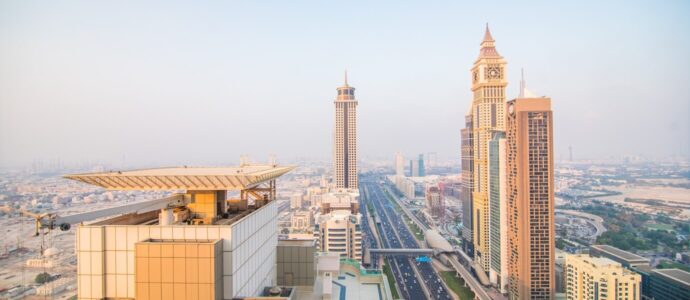Riyadh, Saudi Arabia
Currency : SAR
Indices : Tadawul All Share (TASI)
Website : https://www.saudiexchange.sa/
people
Founded
2007
analytics
No. of listings
207
trending
Market cap
US$ 2.71 trillion

History
The Saudi Stock Exchange, Tadawul, is the primary stock exchange in Saudi Arabia. Established in 2007 as a joint stock company, Tadawul is the exclusive entity authorized for securities exchange activities in the country. However, trading informally began in 1954. Initially, it operated with only 14 listed companies in the 1970s and gained formal status with the establishment of the Saudi Company for Share Registration in 1980. On February 26, 2017, the Saudi Parallel Market (Nomu) was launched as a parallel equity market with lighter listing requirements, offering companies an alternative platform for public listing. Regulated by the Capital Market Authority, Tadawul has become partially self-regulating since 2018. As of 2023, it lists 207 publicly traded companies and is fully owned by the Saudi Public Investment Fund.
Tadawul is a participant in the United Nations’ Sustainable Stock Exchanges (SSE) initiative. The share capital of Tadawul amounts to SAR 1.2 billion, distributed among 120 million shares, each having an equal value of SAR 10.
The 2006 stock market crash in Saudi Arabia, also known as the “Black February,” witnessed a collapse in the Saudi stock market with only 76 listed companies remaining. This downturn resulted in a loss of one trillion Saudi riyals, leading to the bankruptcy of many middle-income traders. Numerous individuals had to sell their cars or invest their life savings in the market. The causes of the collapse were attributed to various factors, including measures taken against speculators, fear of similar sanctions, the decision to determine the percentage of fluctuation, abolishing fractures, and preventing the return of speculators’ commissions. These measures seemed inadequate compared to the significant collapse caused by price inflation and regulatory authority contributions. To address the crisis, King Abdullah intervened personally, ordering the division of shares, allowing non-Saudi residents to invest directly in the stock market, expanding beyond investment funds, and reducing the nominal value of shares through decisions of the Capital Market Authority (CMA), which were subsequently implemented.
